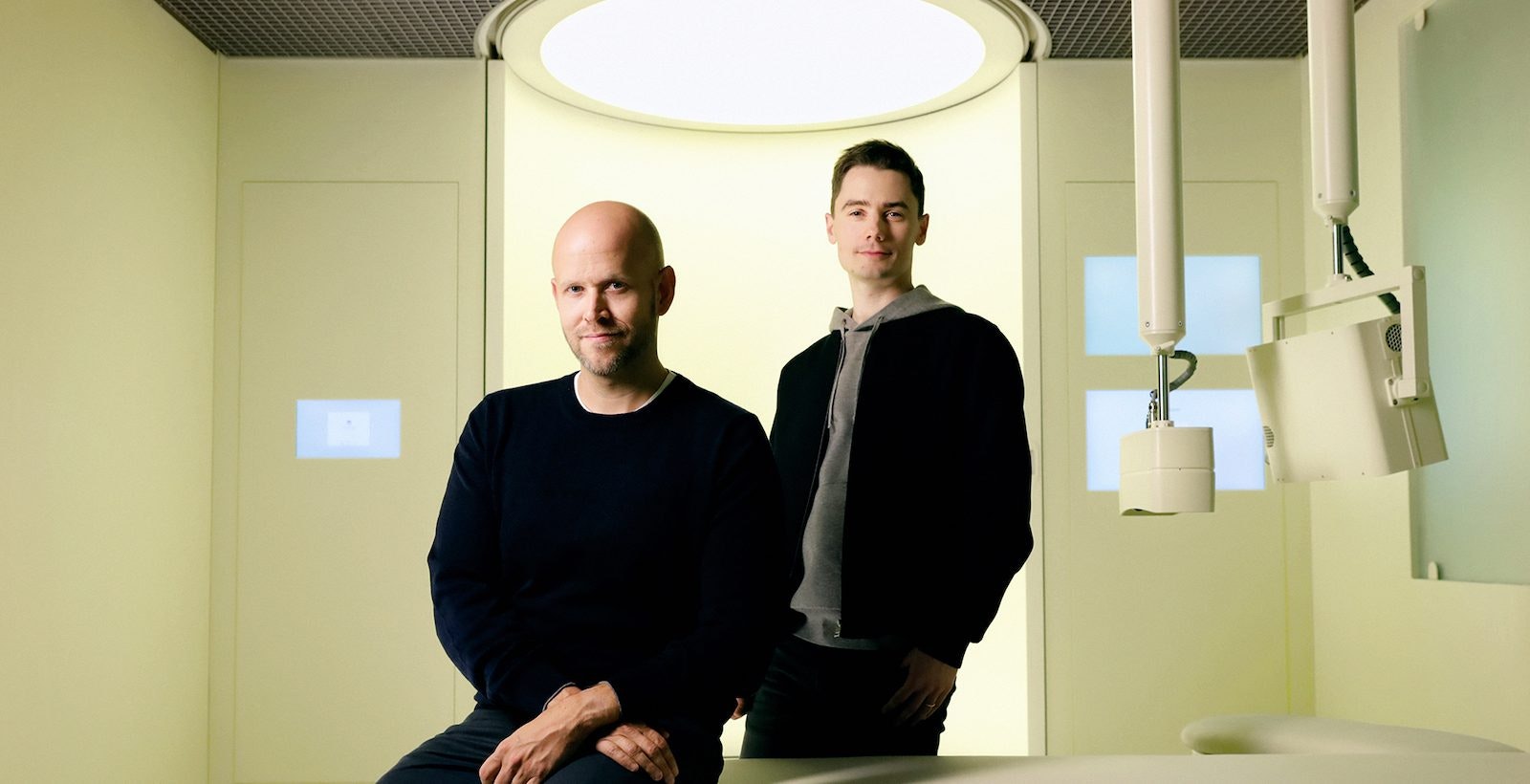UK gut health startup Zoe — one of Europe’s best-funded direct-to-consumer healthtechs — has announced it will reduce its costs by 20%.
In a LinkedIn post earlier today, CEO and cofounder Jonathan Wolf said that the personalised nutrition startup “overexpanded” its team over the past six months. “We now have to make difficult decisions to reduce our costs by around 20%, which will impact some of our team,” he said.
“While we continue to see many thousands of new members joining ZOE each month, our forecasts for 2024 growth were wrong,” said Wolf. “We have overexpanded our team in a way that’s unsustainable until we have a larger member base.”
“If we do not reduce our costs, our monthly burn-rate will be much too high. I am confident that would be unsustainable and put our mission at risk. Instead, we need to operate the company more in line with our revenue,” said Wolf in a statement. “Reducing our team size is one of several actions we’re considering.”
The statement went on to lay out how affected members of the team that are leaving the company will be supported, including compensation, extended healthcare cover and the option of keeping a work laptop.
“We’re also stopping our London office search, will not enhance our US warehouse, and will significantly reduce contract costs. Unfortunately, the vast majority of our costs come from our employee salaries,” he added.
Zoe confirmed to Sifted that it intends to "reduce the size of its organisation". It said that "based on latest forecasts, organisational changes are being made to protect and reinforce its science as well as support and grow the base of 100k+ members".
Zoe’s business model
Zoe, which sells gut microbiome testing kits for £300 and a monthly subscription to a diet advice and tracking app — as well as personalised scores for thousands of foods — brought on 100k new members across 2023, according to Wolf.
But customer churn at the company has been high. In an interview with Sifted last October, cofounder Tim Spector said that “half” of users only subscribe to Zoe for six to nine months before leaving.
At the time, Spector told Sifted that the company had plans to launch several products, including personalised prebiotics (a gut health supplement) — which went to market at the start of 2024 — and meal kits, as well as regular microbiome retesting.
A household name
Zoe spun out of Kings College London in 2017, and was the UK’s fastest growing healthtech by headcount in 2023.
It has raised $84.5m in total, according to Dealroom, from backers including Balderton Capital, Daphni, Air Street Capital and Steven Bartlett’s Flight Fund.
Zoe became a household name during the global pandemic when it pivoted to allow members of the public to log Covid symptoms. At its height in 2021, Zoe’s Covid app had 4.7m users, according to the company.
It’s since pivoted back to gut microbiome testing and has become a well known brand in the UK, spearheaded in the public eye by celebrity scientist cofounder Spector, alongside a roster of celebrity endorsers — including TV presenter Davina McCall and podcaster Steven Barlett.
Critics
But while Zoe’s public profile has skyrocketed, it has faced criticism from doctors and academics, who warn that patients with diagnosed illnesses could draw unhelpful conclusions from the Zoe app.
“A lot of my patients turn up at my clinic with Zoe test results, and I spend a lot of my time explaining to them why Zoe is not helpful and why they’ve wasted their money,” Dr. James Kinross, a consultant colorectal surgeon at Imperial College London, told Sifted last November. “You have to be very careful about how you're actually applying [the clinical research Zoe has carried out] in practice — because, basically, it has no real relevance [in a clinical setting for people with diagnosed illnesses].”
Zoe said it’s “not designed as a medical device or diagnostic tool and is not appropriate for people with an ongoing diagnosed illness. We are clear in our messaging with our members that Zoe is a tool in adjunct to medical advice, not a replacement for it."


